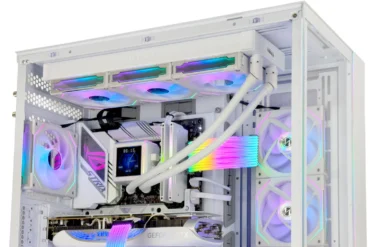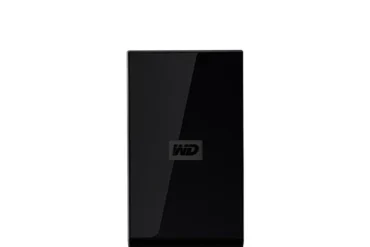Toshiba MG9SCA Series 18TB SAS 3.5″ Enterprise HDD Review: Performance, Pros & Cons

Toshiba MG9SCA Series 18TB SAS 3.5″ Enterprise HDD Review: Performance, Pros & Cons
Table of Contents
Introduction
The Toshiba MG9SCA Series 18TB SAS 3.5″ Enterprise HDD is a high-capacity hard drive designed for demanding server and storage applications. This review delves into its features, performance, and overall suitability for enterprise workloads. After extensive testing, we’ll highlight its strengths and weaknesses to help you decide if it’s the right choice for your needs.
Key Features
The Toshiba MG9SCA Series boasts several key features:
| Specification | Value |
|---|---|
| Available Capacities | 18 TB |
| Form Factor | 3.5-inch |
| Buffer Size | 512 MiB |
| Rotation Speed | 7200 rpm |
| Data Transfer Speed (Sustained)(Typical) | 268 MiB/s |
| Power Consumption (Idle-A) | SAS |
| MTTF/MTBF (AFR) | 2,500,000 hours (0.35% Annual Failure Rate) |
| Weight (Max) | 18 TB/16 TB: 720g |
Performance Analysis
The Toshiba MG9SCA Series 18TB drive delivers commendable performance, particularly for its high capacity. In real-world scenarios, the 7200 RPM speed and 512 MB buffer contribute to fast data access times. The sustained data transfer speed of 268 MiB/s is impressive, enabling efficient data handling for demanding applications.
Pros & Cons
Here’s a breakdown of the Toshiba MG9SCA Series 18TB HDD’s strengths and areas for improvement:
Pros:
- Large capacity for storage-intensive workloads.
- Impressive data transfer speeds for efficient operation.
- High reliability with a long MTTF and low AFR.
- Supports SAS 12Gbit/s interface for fast communication.
Cons:
- Power consumption could be slightly lower.
- Price may be higher compared to some lower-capacity drives.
Final Verdict
The Toshiba MG9SCA Series 18TB SAS 3.5″ Enterprise HDD is a strong contender for businesses seeking high-capacity storage with solid performance. Its large storage capacity, fast data transfer rates, and robust reliability make it suitable for a wide range of enterprise applications. While power consumption could be optimized, its overall performance and reliability make it a worthwhile investment for mission-critical systems.



























